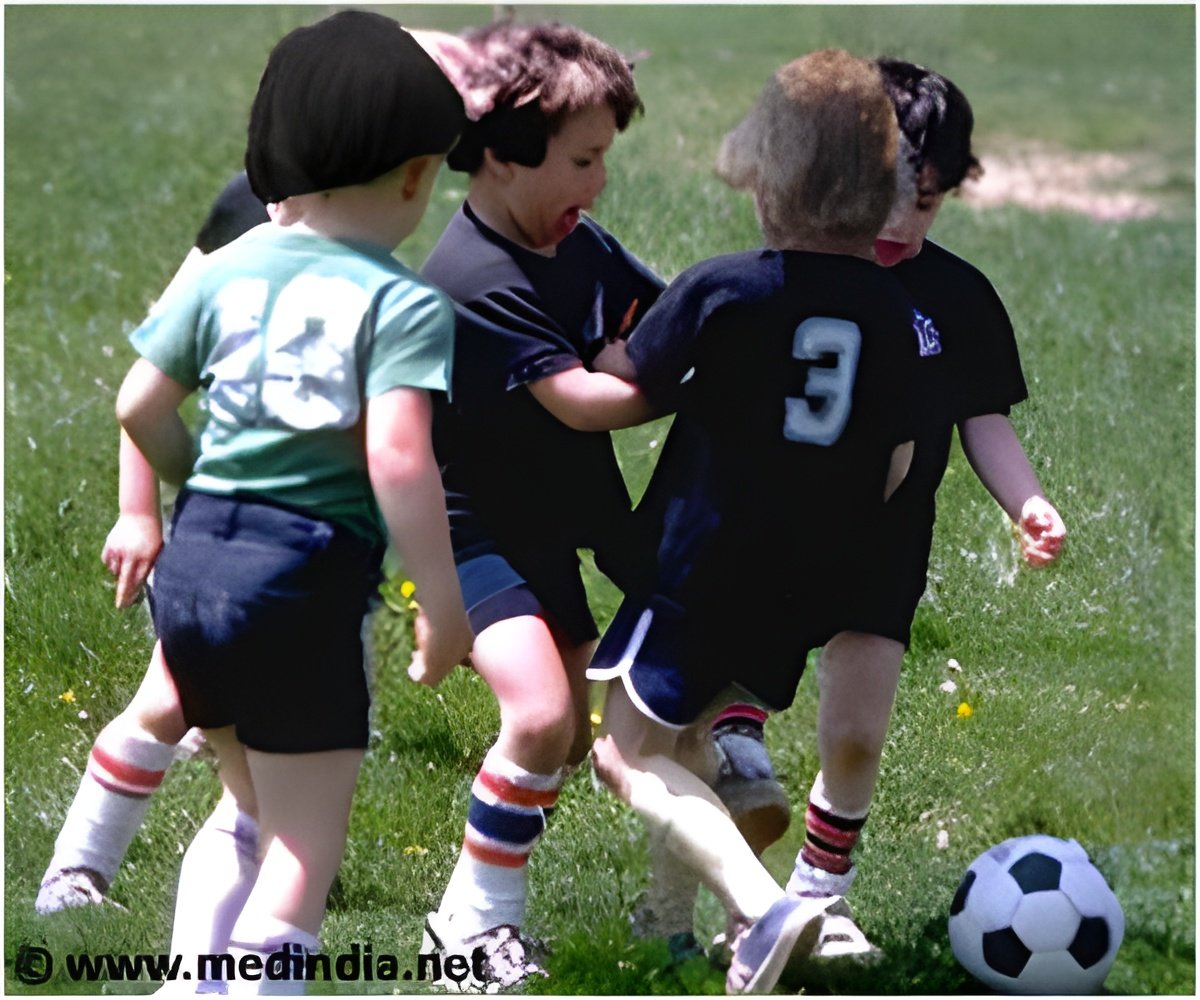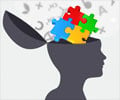Sports participation of boys in early childhood is associated with a lesser chance of experiencing later depressive and anxiety symptoms (emotional distress) in middle childhood.

‘Sports participation of boys in early childhood is associated with a lesser chance of experiencing later depressive and anxiety symptoms (emotional distress) in middle childhood.’





In the study, “we wanted to clarify the long-term and reciprocal relationship in school-aged children between participation in sports and depressive and anxiety symptoms. We also wanted to examine whether this relationship worked differently in boys and girls between the ages of 5 and 12. There’s widespread evidence of a crisis these days in childhood physical inactivity, and this may ultimately have implications for later mental and physical health,” says Harbec, who did the work as a doctoral student supervised by UdeM psychoeducation professor Linda Pagani and Pagani practices at CHU Ste-Justine children's hospital. It was found that the boys (5-year-old) who did not participate in sports had more chances of difficulty in having fun, appeared fearful, unhappy, or worried, and cried a lot at 6 and 10 years of age.
“Also, boys who exhibited higher levels of depressive and anxious symptoms during middle childhood were subsequently less physically active at 12 years old. For girls, on the other hand, we did not find any significant changes,” says Pagani, the study’s senior author.
This may be attributed to the fact that girls are more likely than boys to seek help from and disclose emotional distress to family, friends, or health providers, and psychological support from these social ties protects them better.
Source-Medindia













